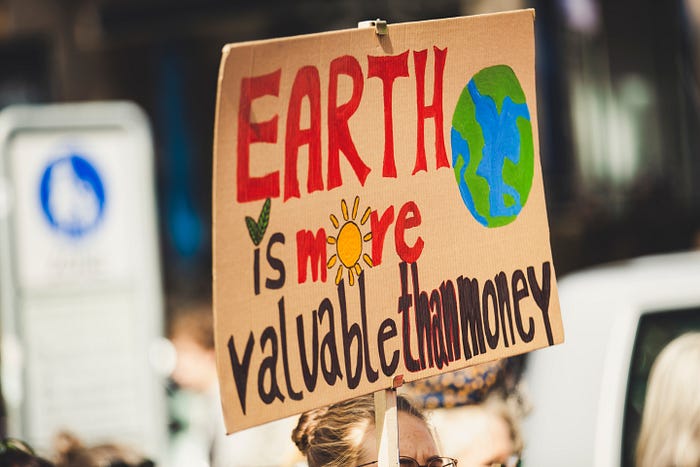Stronger-than-expected growth last quarter plus low unemployment numbers are good signs, but tectonic geopolitical shifts are in the forecast.

“The US economy’s growth was stronger than expected in the third quarter,” reported CNN triumphantly on November 30, 2022.
Before the ink was even dry on last quarter’s report, the happy news was spreading through the press like wildfire.
“Payrolls and wages blow past expectations, flying in the face of Fed rate hikes,” added CNBC on Friday, December 2.
Does this mean our wild economic ride of the past three years is over?
Perhaps not.
The past years have exposed a few weaknesses in our foundational economic strengths. The U.S., and its economy, face new threats and long-simmering ones in a world altered by COVID-19.
One of those imminent threats is over-globalization.
Globalization, like so many other complex and interdependent systems, is hard to reduce to an over-simplification like, “globalization was good,” or, “globalization was bad,” for the United States and the world.
Like most things, globalization has had advantages and disadvantages. In balance, was globalization worth it?
It may be many decades yet until we know for certain — if we ever do. What we do know, right now, is that America no longer has the domestic manufacturing or energy production capacity to provide for itself, should a pandemic occur or a war break out anywhere.
Has globalization brought the world closer together or pulled it further apart?
Until Vladimir Putin invaded Ukraine in February, we might have said the former. Now, the war over Ukraine has exposed vulnerabilities world powers — like Germany — didn’t even know they had.
Whatever the ultimate answers, thus far, globalization has failed to live up to its promise. This didn’t happen because of a design flaw; the failures of globalization have been launch problems.
The intention of globalization was undoubtedly fine: Create a shining One World on the Hill and unite all the citizens of that utopia using trade and technology. It didn’t work because purveyors of the plan failed to account for the cupidity of human nature and the law of unintended consequences.
Wealthy corporations took ruthless advantage of loopholes in globalization. Instead of growing the Middle Class worldwide — as much as it should have — globalization helped wealthy conglomerates exploit low-wage workers and lax environmental standards in emerging nations.
Even Silicon Valley has a good deal to answer for on the subject of globalization gone wild, and that’s before the mass layoffs currently being undertaken by some of the wealthiest tech companies in the world.
Selling the Chinese Communist Party enough tech to turn mainland China into one vast AI-powered surveillance state so powerful as to be able to find anyone, anywhere in China in under three minutes was morally dubious, at best.
The CCP calls the system, un-ironically, “SkyNet.”
Thanks to SkyNet, the Great Chinese Firewall — which prevents the Chinese people from accessing the same internet as the rest of the free world — and, increasingly, bio-tracking technology — which allows the CCP to lock-down entire provinces, instantly and at will, to isolate any protests and unrest — the current demonstrations in China had three strikes against them from the outset.
And the world’s largest tech dump isn’t in the United States. It’s in Ghana: Agbogbloshie.
Trash is another strike against globalization.
America is running out of places to put its trash: It is getting harder and harder to pawn it off on other nations. China stopped taking American plastic several years ago once it started clogging Chinese waterways.
Inside Chinese recycling centers, those ubiquitous single-use gossamer plastic grocery bags would inevitably — and constantly — become wet, gum up the machinery so as to require stoppage and maintenance.
China’s environmental laws being what they are, the beleaguered recyclers, under pressure from CCP officials under yet more pressure from above, were resorting to tossing all those plastic “recyclables” into the nearest river out of sheer desperation.
Once China passed on American trash, the U.S. started sending its mountains of single-use plastics to countries like Malaysia. Inevitably, Malaysia stopped taking our plastics, too.
Where are U.S. plastic recyclables being recycled today? Nowhere. After all the work environmentalists did to convince everyone to recycle, it’s better just to toss that plastic bottle in the nearest garbage can.
Any garbage can will do.
From turning small-town America into flyover country to making the industrialized world dependent on a 20,000 supply chain powered by petroleum and forced labor, to our environmental excesses catching up with us, the bill for globalization is about to come due.
When it does, it may prove very expensive indeed.
(contributing writer, Brooke Bell)